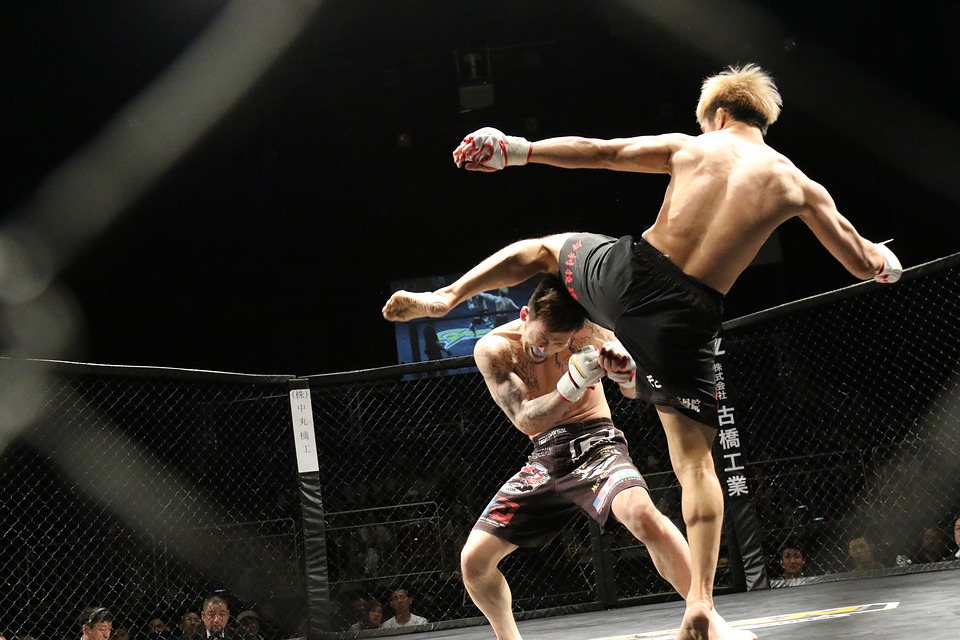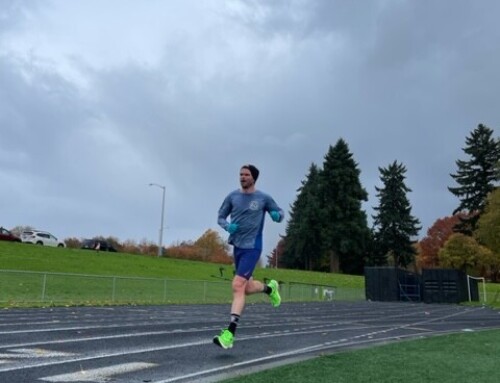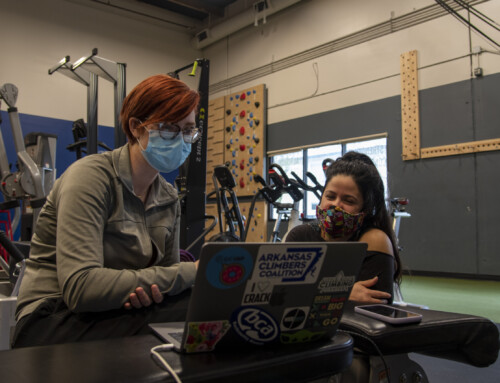Mixed Martial Arts, or MMA, is an incredibly challenging sport. That’s probably an understatement, right? It’s mentally and physically draining, which is why it attracts some of the hardest working athletes you will ever meet. That toughness and tenacity can be a double edged sword. Every fighter has been there, the familiar story of mental crash and burn, getting injured right before a fight, failing to make weight, or other problems that could be avoided. Here are three major problems common with MMA training programs.
No Long Term Plan for Mixed Martial Arts
It’s hard, impossible even, to maintain the training intensity of a 6-10 week fight camp all year long. Many fighters fall into the trap of training as hard as they possibly can once there is a fight on the schedule and then hitting the pause button on everything but skill work until they have another on the schedule. They may go months or even longer in between training camps. Mixed Martial Arts requires such a diverse array of skills and abilities. Strength, endurance, speed, power, mobility, movement efficiency, balance, flexibility, the list goes on and on. The goal of a structured CAMP is to build to an absolute peak at just the right time. The goal of an OFFSEASON is to bring the level of all of those different qualities up, so that by next camp, your peak is faster, better, and stronger.
Going too Hard too Often
This is a hard one to absorb for a lot of fighters. It’s what drove a lot of you to the sport. Pushing yourself to see how tough you can be is a HUGE motivator. We don’t want to take that away from you. But balance is huge. The quote “train hard and smart, not just hard”, is instrumental. Each workout, each day, week, and month, needs to be properly scheduled. All that hard work is aimed at turning you into a MONSTER. Too much intense HIIT circuits, heavy lifting, cardiovascular training, etc. is a killer on top of intense sparring and grappling. A proper plan allows you to work hard, usually even harder than when there was no plan. Following a plan progressing each day and not fluctuating haphazardly is the best way to train.
Not Understanding the Importance of Recovery
Plain and simple, you don’t get better from a workout. You get better from recovering and adapting from a workout. More importantly, you get better by stressing your body over the course of a cycle of workouts/time, that forces your body to adapt to a higher level of fitness. Pushing too hard, for to many workouts in a row, your body is unable to recover over time. This means it stays still (or even goes backwards), instead of moving forward. On the opposite side, if the workload over time is not hard enough to stress your body, it does not feel the need to adapt and improve; you hit a threshold and can’t break through. If this seems like training to be a high level athlete is a bit of a high wire act, well, it is at times. It’ doesn’t need to so complex that you can’t follow it however.
Daniel Silver is a performance coach at Evolution Health Care & Fitness. He studied with and learned from some of the most recognized strength and conditioning coaches in the Mixed Martial Arts field and uses the programs, research, and science based methods that have been used by some of the most dominant MMA athletes in the world. He can help you with a progressive, carefully structured training program that helps avoid these mistakes and leads MMA fighters to a greater chance of success. Read more about Daniel, or schedule with him, HERE.





